- September 2, 2024
- No Comments
10 Most Controversial Video Game Characters: The Icons That Sparked Debate
Video games have become a significant part of popular culture, often reflecting societal values and issues. Among the multitude of characters that inhabit these digital worlds, some have sparked intense debates and controversies. In this blog post, we’ll take a closer look at the ten most controversial video game characters, examining the key factors that contribute to their notoriety, and the complexities surrounding their creation and reception.
1. Mario (Super Mario Series)
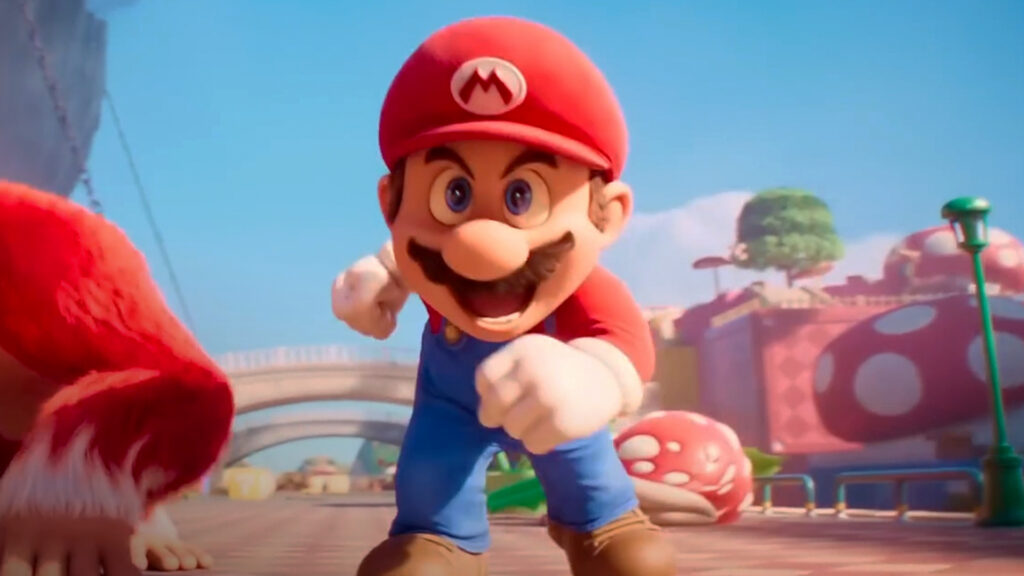
While Mario is often hailed as a beloved mascot, his character has faced scrutiny regarding stereotypes and cultural representation. Critics argue that the portrayal of Italian-Americans in the series perpetuates certain clichés. Additionally, the gender dynamics in the Mario universe, especially concerning Princess Peach, have also been points of contention. The trade-off here lies in balancing the character’s iconic status with evolving cultural sensitivities.
Key Factors
– Cultural Representation: How does Mario reflect or distort Italian culture?
– Gender Dynamics: The role of female characters in the Mario universe.
2. Lara Croft (Tomb Raider Series)
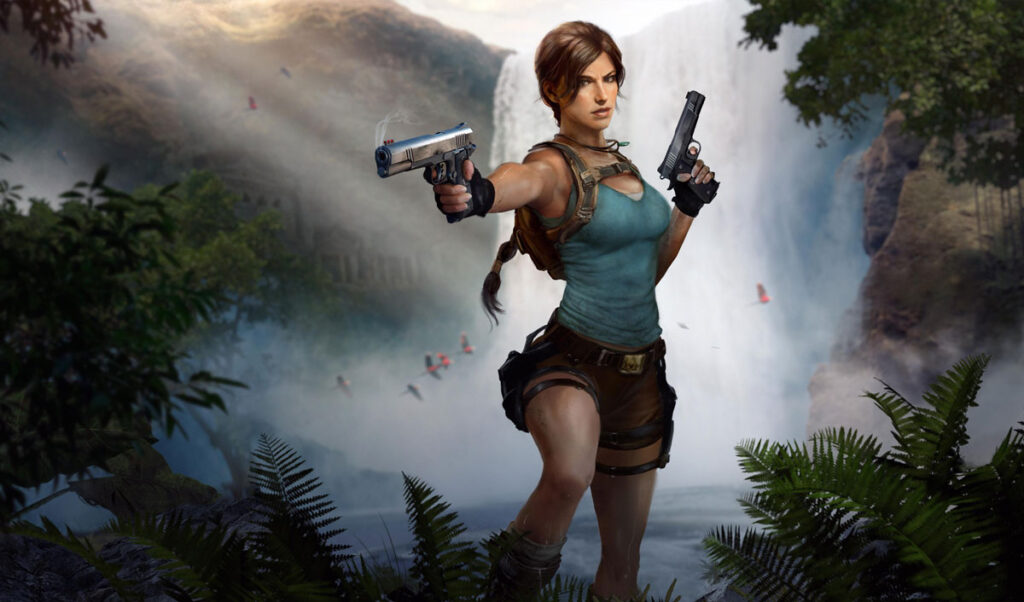
Lara Croft’s character has evolved significantly since her debut in the 1990s. Initially, she was criticized for her hyper-sexualization, which many argued objectified women in video games. However, recent iterations have attempted to portray her with more depth and agency, leading to debates about whether such changes are enough to redeem her character. The challenge lies in addressing historical portrayal while moving forward.
Key Factors
– Sexualization vs. Empowerment: The ongoing discussion about Lara’s portrayal.
– Character Evolution: How do recent games redefine her character?
3. Kojima's Naked Snake (Metal Gear Solid 3)
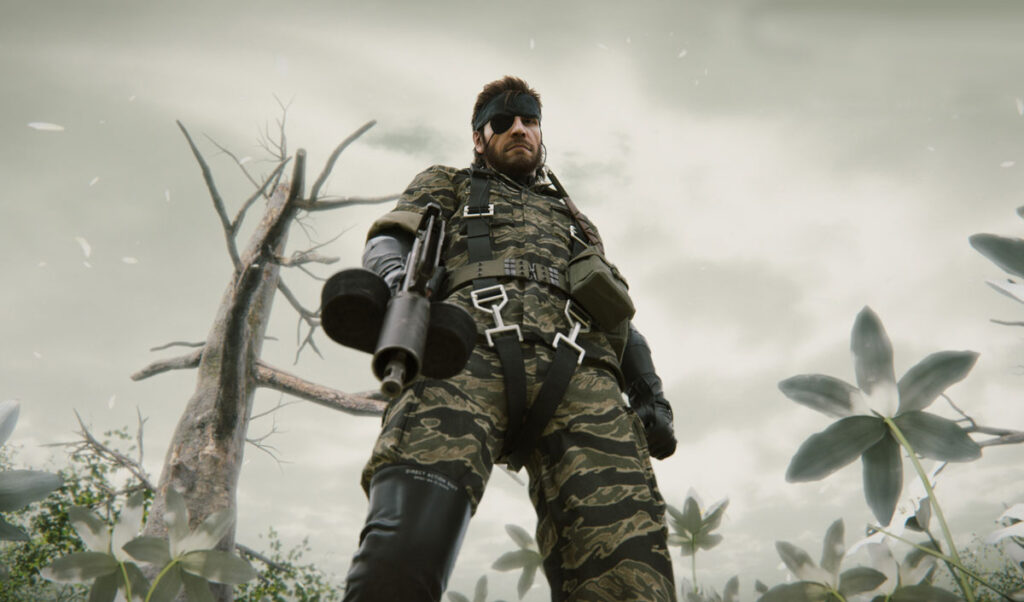
Naked Snake, also known as Big Boss, is a character shrouded in moral ambiguity. His actions throughout the Metal Gear series raise ethical questions about war, loyalty, and betrayal. The character’s complexity invites players to grapple with their own moral compass, which can spark intense discussions about the nature of heroism and villainy.
Key Factors
– Moral Ambiguity: The challenges of defining hero vs. villain.
– Player Engagement: How do players interpret Naked Snake’s actions?
4. Ellie (The Last of Us Series)

Ellie’s character in “The Last of Us” series is both a source of inspiration and controversy. Her development from a child to a hardened survivor raises questions about violence, trauma, and morality in video games. The depiction of her relationship with Joel and the decisions she makes throughout the series have sparked discussions about the ethics of choices in gaming narratives.
Key Factors
– Trauma Representation: How does Ellie’s journey reflect real-life issues?
– Moral Choices: The impact of player decisions on character development.
5. Kratos (God of War Series)

Kratos, known for his rage and brutality, has transitioned from a one-dimensional character to one with depth and vulnerability. However, his violent actions and treatment of women have drawn criticism. The shift in his character arc in the latest installment has sparked debates about redemption and the portrayal of masculinity in gaming.
Key Factors
– Violence and Redemption: The evolution of Kratos’ character.
– Masculinity in Gaming: How does Kratos challenge traditional representations?
6. Joker (Batman: Arkham Series)
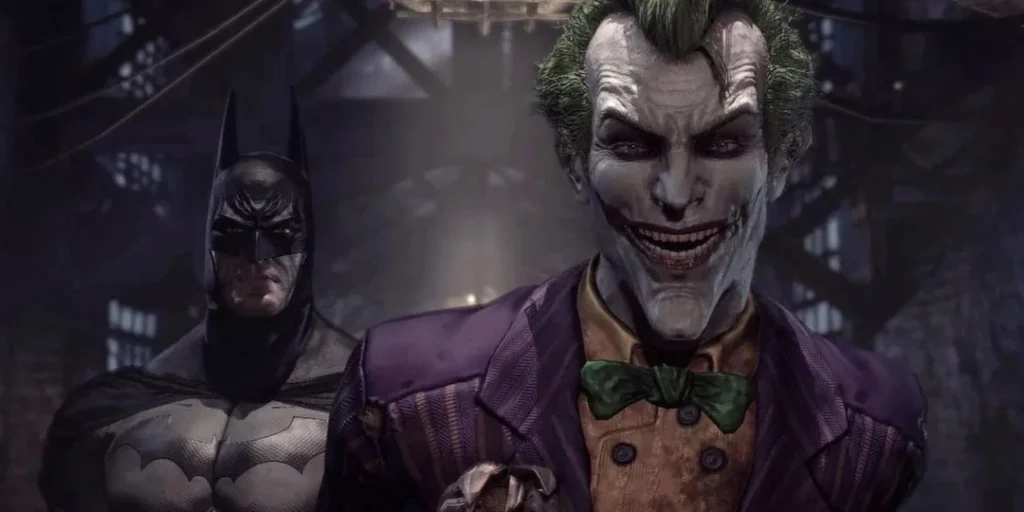
The Joker is a character that elicits fascination and repulsion. His portrayal in various mediums, including video games, has sparked debates about mental illness and violence. The way the Joker’s chaotic nature is presented can lead to discussions about the glorification of villainy and its societal implications.
Key Factors
– Mental Health Representation: The ethics of portraying mental illness through a villain.
– Cultural Impact: The influence of the Joker on popular culture.
7. Cortana (Halo Series)
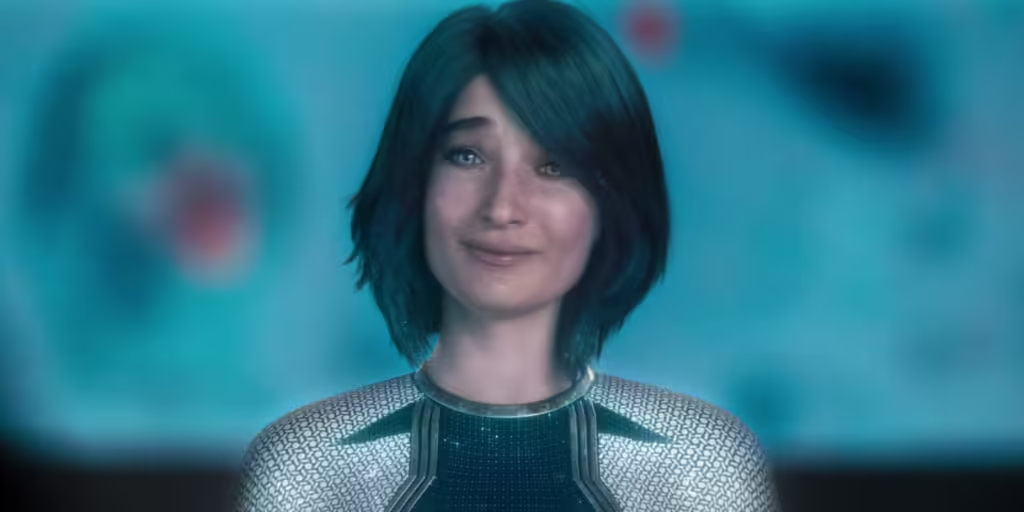
Cortana, an AI character, has faced scrutiny regarding her portrayal, especially regarding her gender and autonomy. The evolution of her character throughout the Halo series raises questions about AI ethics, control, and the objectification of female characters in technology-driven narratives.
Key Factors
– AI and Gender: How does Cortana’s portrayal reflect societal views on women?
– Autonomy vs. Control: The ethical implications of AI representation.
8. Nina Williams (Tekken Series)
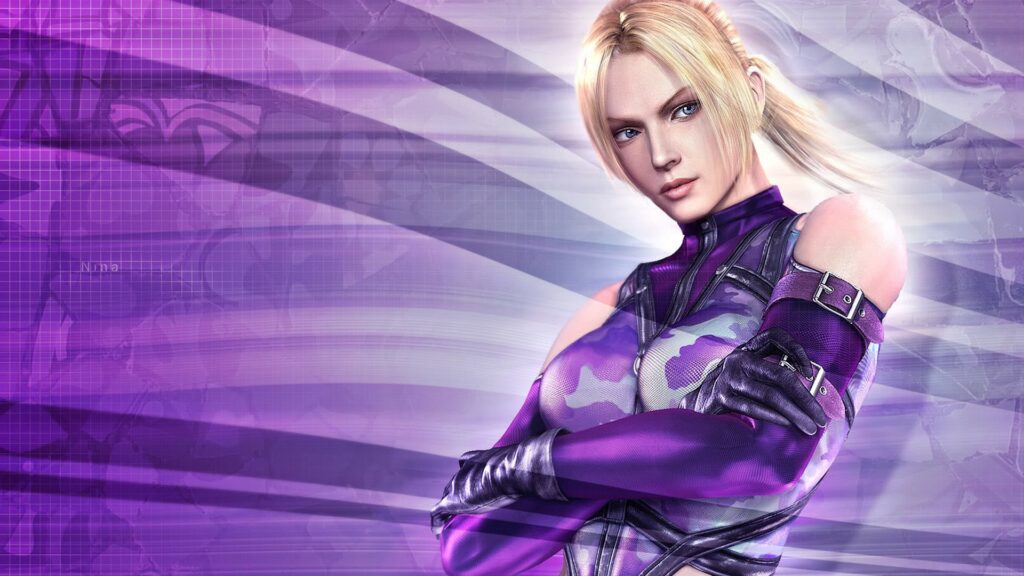
Nina Williams is often regarded as a symbol of the hyper-sexualized female fighter. While she is a skilled assassin, discussions around her character focus on the portrayal of women in fighting games, the sexualization of female fighters, and the impact of such representations on younger audiences.
Key Factors
– Hyper-Sexualization: The ongoing debate around female character design.
– Feminism in Gaming: How do characters like Nina fit into broader discussions about women in games?
9. Tifa Lockhart (Final Fantasy VII)
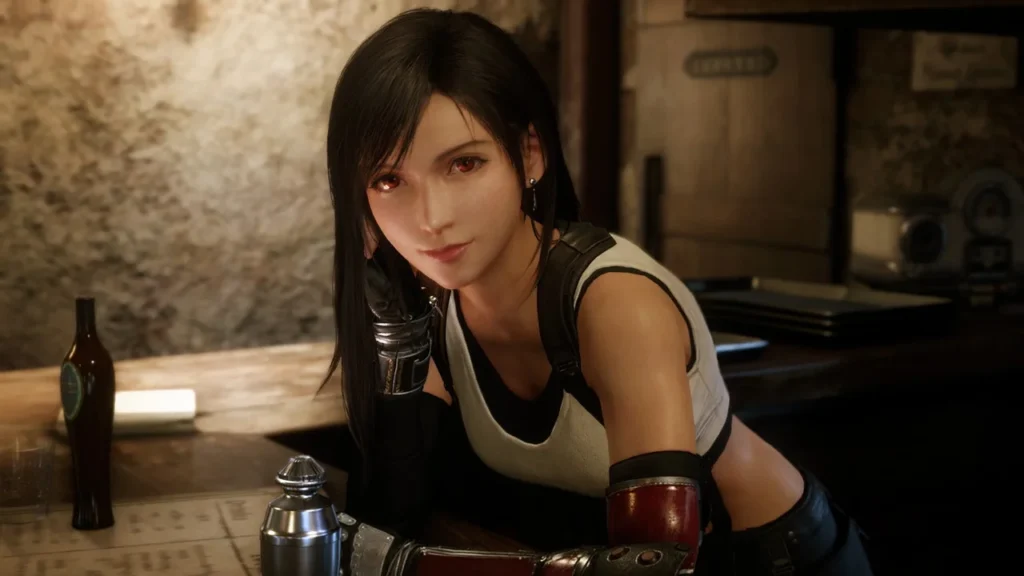
Tifa Lockhart is a character that has garnered both admiration and controversy. While many players view her as a strong female lead, her design and role in “Final Fantasy VII” have sparked debates about gender representation and the objectification of women in gaming narratives.
Key Factors
– Character Design: The balance between empowerment and objectification.
– Representation in RPGs: How does Tifa fit into the larger context of female characters in RPGs?
10. Frank West (Dead Rising Series)

Frank West, the protagonist of the Dead Rising series, is controversial for his portrayal of violence and humor in a zombie apocalypse setting. His character raises questions about the ethics of humor in the face of violence and disaster, leading to debates on how video games address sensitive topics.
Key Factors
– Violence and Humor: The ethics of using humor in violent contexts.
– Cultural Commentary: How does Frank West’s character reflect societal attitudes towards crises?
The Importance of Context in Character Representation
When analyzing these controversial video game characters, it’s crucial to consider the broader context in which they exist. Developers face the challenge of creating engaging narratives while being mindful of cultural sensitivities. Balancing entertainment with social responsibility is an ongoing struggle in the gaming industry.
The impact of these characters often extends beyond the screen, influencing societal perceptions and discussions. As gaming continues to evolve as a medium, the portrayal of characters will inevitably reflect changing attitudes and values.
Conclusion
Controversial video game characters inspire passionate discussions among players and critics alike. As we navigate the complexities of character representation, it’s essential to engage thoughtfully with the narratives and themes that these characters embody. Understanding the nuances of each character’s portrayal can lead to richer conversations about the role of video games in society.
Connect for More
We invite you to share your thoughts on the controversial video game characters discussed in this blog. What do you think about their portrayal, and how do you believe it impacts the gaming landscape? Comment below with your views, and don’t forget to check out more thought-provoking articles on video game characters and their significance in today’s culture!
Frequently asked questions (FAQs) about the Most Controversial Video Game Characters
What makes a video game character controversial?
Controversial video game characters often challenge social norms, depict extreme violence, or embody stereotypes. Their actions, design, or narrative roles can provoke strong reactions from players and critics alike, leading to debates about morality, representation, and the impact of gaming on society.
Who are some of the most controversial video game characters of all time?
Characters like Trevor Phillips from Grand Theft Auto V, Lara Croft from the Tomb Raider series, and Kratos from God of War have sparked controversy due to their violent behavior, sexualization, or complex moralities. These characters often push the boundaries of what is considered acceptable in gaming
Why is Trevor Phillips from Grand Theft Auto V considered controversial?
Trevor Phillips is known for his extreme violence, unpredictable behavior, and morally ambiguous actions. His character represents the darkest aspects of human nature, and his portrayal has led to discussions about the ethical implications of glorifying such traits in video games.
How has Lara Croft’s character evolved to address controversies?
Lara Croft, originally criticized for her hypersexualized design, has undergone significant changes over the years. The more recent Tomb Raider games have focused on portraying her as a more realistic and multi-dimensional character, addressing past criticisms while maintaining her status as an iconic figure in gaming.
What are the ethical concerns surrounding characters like Kratos from God of War?
Kratos is controversial due to his relentless pursuit of vengeance, often resulting in brutal violence against gods and mortals alike. While his character arc explores themes of redemption, the level of violence and the portrayal of his rage have sparked debates about the glorification of aggression in video games.
How do controversial characters impact the gaming industry?
Controversial characters can drive sales and generate publicity, but they also invite scrutiny from media, parents, and regulators. They can influence industry standards, spark discussions about content ratings, and lead to changes in how certain themes are portrayed in games.
Are there positive aspects to having controversial characters in video games?
Yes, controversial characters can serve as a vehicle for exploring complex social issues, challenging players’ perceptions, and driving narrative depth. They often push the boundaries of storytelling in games, encouraging players to engage with difficult questions about morality, identity, and the human condition.
You can read also:


